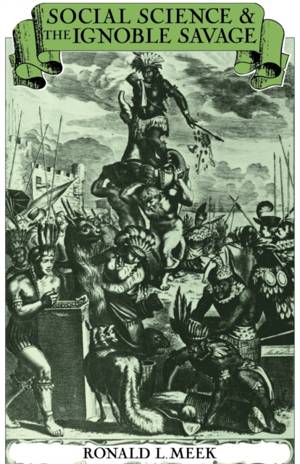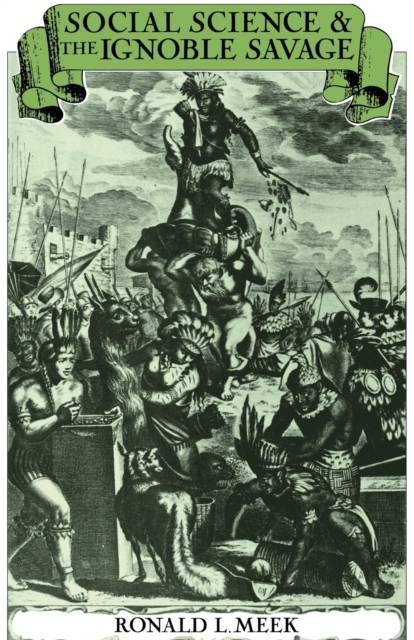
Je cadeautjes zeker op tijd in huis hebben voor de feestdagen? Kom langs in onze winkels en vind het perfecte geschenk!
- Afhalen na 1 uur in een winkel met voorraad
- Gratis thuislevering in België vanaf € 30
- Ruim aanbod met 7 miljoen producten
Je cadeautjes zeker op tijd in huis hebben voor de feestdagen? Kom langs in onze winkels en vind het perfecte geschenk!
- Afhalen na 1 uur in een winkel met voorraad
- Gratis thuislevering in België vanaf € 30
- Ruim aanbod met 7 miljoen producten
Zoeken
Omschrijving
This 1976 book is concerned with the emergence, in the latter half of the eighteenth century, of a new theory of socio-economic development, based on the idea that the key factor in the developmental process was the way in which men made their living. Professor Meek traces the prehistory of the four stages theory, from its emergence with French and Scottish Enlightenment thinkers to its modification by critics and revisionists. He argues the theory was shaped by literature about savage societies, especially American Indian. It is well known that contemporary notions of savagery influenced eighteenth-century social science by generating a critique of society through the idea of the noble savage. It is not so well known, however, that they also stimulated the emergence of a new theory of the development of society through the idea of the ignoble savage. This is Professor Meek's main theme.
Specificaties
Betrokkenen
- Auteur(s):
- Uitgeverij:
Inhoud
- Aantal bladzijden:
- 256
- Taal:
- Engels
- Reeks:
Eigenschappen
- Productcode (EAN):
- 9780521143295
- Verschijningsdatum:
- 3/02/2011
- Uitvoering:
- Paperback
- Formaat:
- Trade paperback (VS)
- Afmetingen:
- 140 mm x 216 mm
- Gewicht:
- 326 g

Alleen bij Standaard Boekhandel
+ 92 punten op je klantenkaart van Standaard Boekhandel
Beoordelingen
We publiceren alleen reviews die voldoen aan de voorwaarden voor reviews. Bekijk onze voorwaarden voor reviews.









